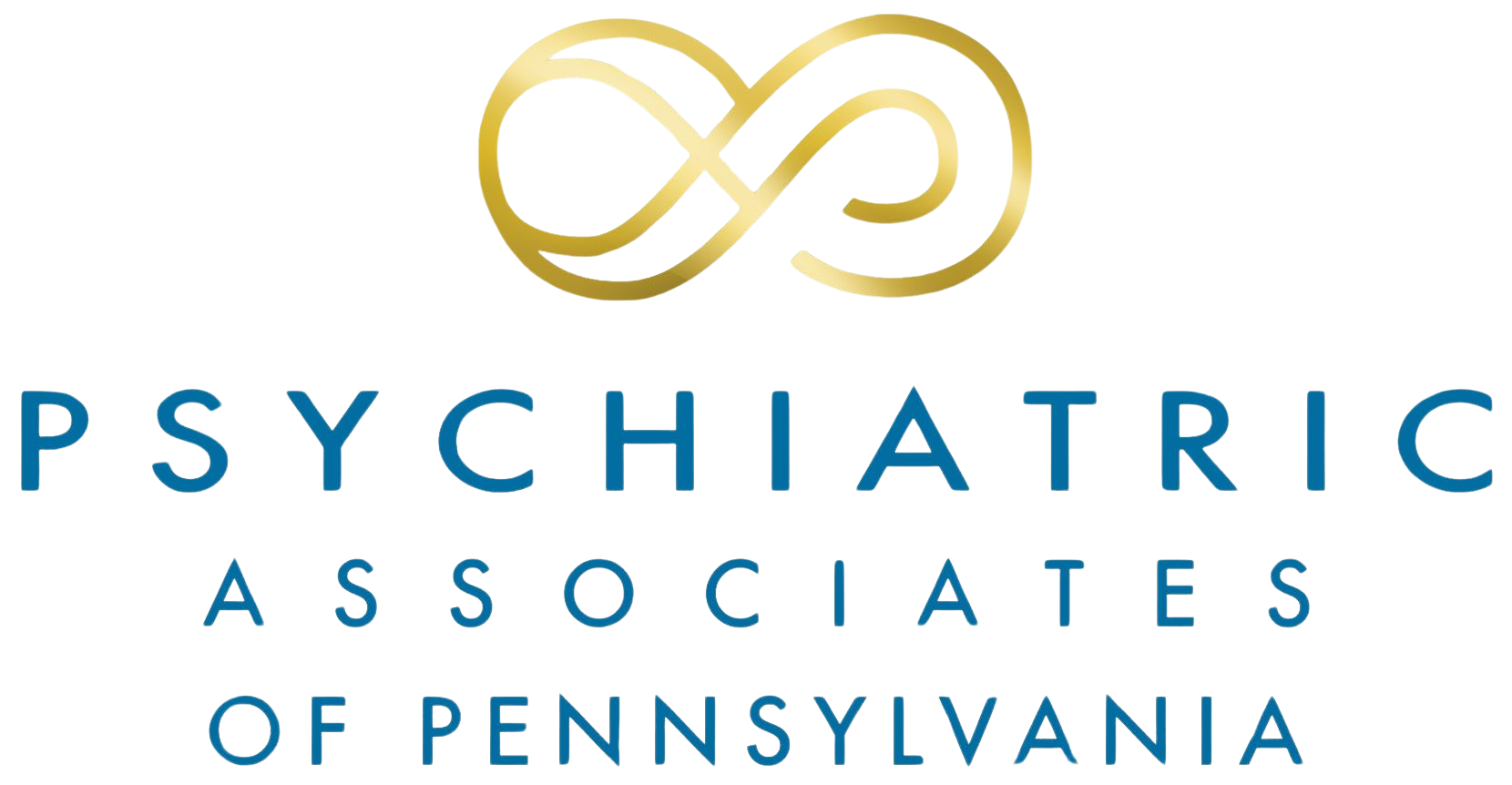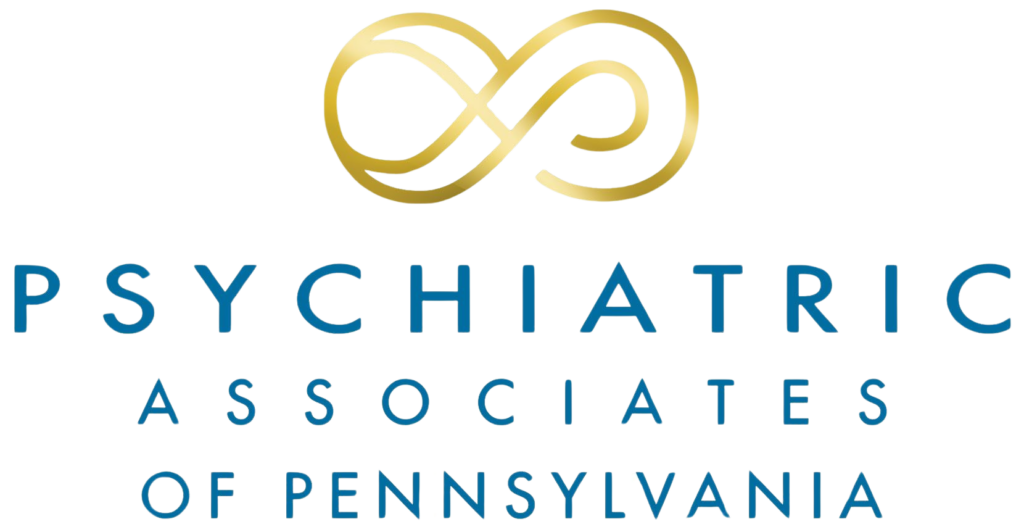What is obsessive-compulsive disorder?
Obsessive-Compulsive Disorder (OCD) is a mental health disorder characterized by the presence of recurring and intrusive thoughts, images, or urges (obsessions) that lead to repetitive behaviors or mental acts (compulsions). These obsessions and compulsions can significantly impact a person’s daily life, causing distress, consuming a significant amount of time and energy, and interfering with their ability to function effectively. Key features of OCD:
- Obsessions: Obsessions are unwanted, intrusive, and persistent thoughts, images, or urges that cause significant distress. Common types of obsessions include concerns about contamination or germs, fear of harm or danger, intrusive thoughts of a violent or sexual nature, excessive need for symmetry or order, and excessive doubt or indecision.
- Compulsions: Compulsions are repetitive behaviors or mental acts that individuals feel compelled to perform in response to their obsessions or to prevent a feared outcome. These behaviors are typically aimed at reducing anxiety or preventing harm, even though they are often excessive or not connected logically to the feared event. Examples of compulsions include repetitive handwashing, checking locks or appliances, counting, seeking reassurance, arranging objects in a specific order, or repeating certain words or phrases silently.
What is treatment resistant OCD?
Treatment-resistant OCD, also known as treatment-refractory OCD, refers to a form of OCD that does not adequately respond to standard treatments. It is a condition in which individuals continue to experience OCD symptoms despite receiving appropriate and adequate trials of medications and psychotherapy.
When a person is diagnosed with OCD, the usual course of treatment involves starting with psychotherapy and/or antidepressant medication. In many cases, these interventions prove effective and help alleviate symptoms. However, in some instances, individuals may not experience significant improvement or may only have a partial response to treatment.
To be considered as having treatment-resistant OCD, a person typically needs to have tried at least two different antidepressant medications from different classes (such as selective serotonin reuptake inhibitors or SSRIs, serotonin-norepinephrine reuptake inhibitors or SNRIs, or tricyclic antidepressants) at adequate doses and for an adequate duration, without achieving a satisfactory response.
YES! It is important to remember that OCD is an incredibly difficult condition to treat. However, at Psychiatric Associates of Pennsylvania, we believe that there are always new medications, new technologies, and even new ways of using older medications which may help treatment resistant OCD. We offer one of the most comprehensive treatment plans in the area to make sure that all aspects of your mental health are optimized and fine-tuned so that you can have the greatest likelihood of recovery from OCD.
How is treatment resistant OCD treated?
Although Treatment-resistant OCD can be challenging to manage, there are several approaches that we utilize together at Psychiatric Associates of Pennsylvania to offer some of the best chances at symptom improvement.
We utilize a combination of the following in the treatment or refractory OCD:
Medication optimization refers to the process of fine-tuning medication regimens to maximize their effectiveness and minimize potential side effects. The goal is to find the most suitable medication and dosage for an individual to achieve optimal symptom relief while minimizing adverse effects. In the case of Treatment Resistant OCD, this may involve exploring medications which have not been used, or even considering off-label use of non-psychiatric medications which can help treat OCD in certain individuals.
The term “psychosocial” combines the words “psycho” (referring to psychological or mental) and “social” (referring to interactions and relationships with others). It is a broad term used to describe the interplay between psychological and social factors and how they influence an individual’s mental health and well-being. Understanding and addressing psychosocial factors is crucial in managing Treatment Resistant OCD. Therapy can often play an important role in this process.
It is not uncommon for various medical conditions to contribute to OCD and other mental health conditions.
- Comprehensive Lab work: Lab work can often identify medical conditions and biological considerations which play a contributory roll in Treatment Resistant Depression. A thorough work up can help to identify endocrine, dietary, genetic, infectious, rheumatologic, inflammatory, and metabolic abnormalities which might be contributing to depression.
- Genetic considerations: Genetics can play different roles in mental health. For example, our genetics play a role in how our bodies metabolize and process medication which can make some medications ineffective or can lead to increased side effects for others. Alternatively, genetics can play a role in how our bodies process and metabolize nutrients in order make neurotransmitters. Genetic testing can give insights which can be critical in finding the appropriate treatments for Treatment Resistant OCD. Follow this link for more information about out Genetic Counseling services.
TMS is a non-invasive procedure that uses magnetic fields to stimulate specific areas of the brain. TMS involves placing an electromagnetic coil against the scalp, which delivers brief magnetic pulses to the targeted brain region. These magnetic pulses generate small electrical currents that can stimulate or modulate brain activity in the targeted area. Psychiatric Associates of Pennsylvania is happy to offer TMS through our sister program at Axon Psychiatry. For more information, please visit https://axonpsych.com.
Neurofeedback is a type of biofeedback that involves training individuals to self-regulate their brain activity. It utilizes real-time displays of brainwave patterns, typically using an electroencephalogram (EEG), to provide individuals with feedback about their brain activity. By learning to modify their brainwave patterns, individuals can potentially improve their mental and emotional states. Neurofeedback can theoretically play a role in the management of depression by helping to 1) regulate patterns of brainwaves, 2) improving neuroplasticity, 3) helping stress reduction and emotional regulation, and 4) improving cognitive functioning and attention.
- Mindfulness, a practice rooted in ancient contemplative traditions, involves paying attention to the present moment with non-judgmental awareness. It has gained significant attention in recent years as a potential therapeutic approach for various mental health conditions, including OCD. While the precise mechanisms are still being studied, mindfulness may offer several benefits for individuals experiencing depression including:
- Increased self-awareness
- Emotional regulation
- Cognitive flexibility
- Stress reduction
- Enhancing positive experiences
- Acceptance and self-compassion
- Exposure therapy is often the cornerstone of OCD-directed psychotherapy. While this can be an effective treatment, the anxiety and stress around exposures can often be limiting. By using a virtual reality (VR) system, we can do exposures from the safety of your own home or from the office. This can allow a greater sense of control and stability during the exposures, without impacting efficacy.
















